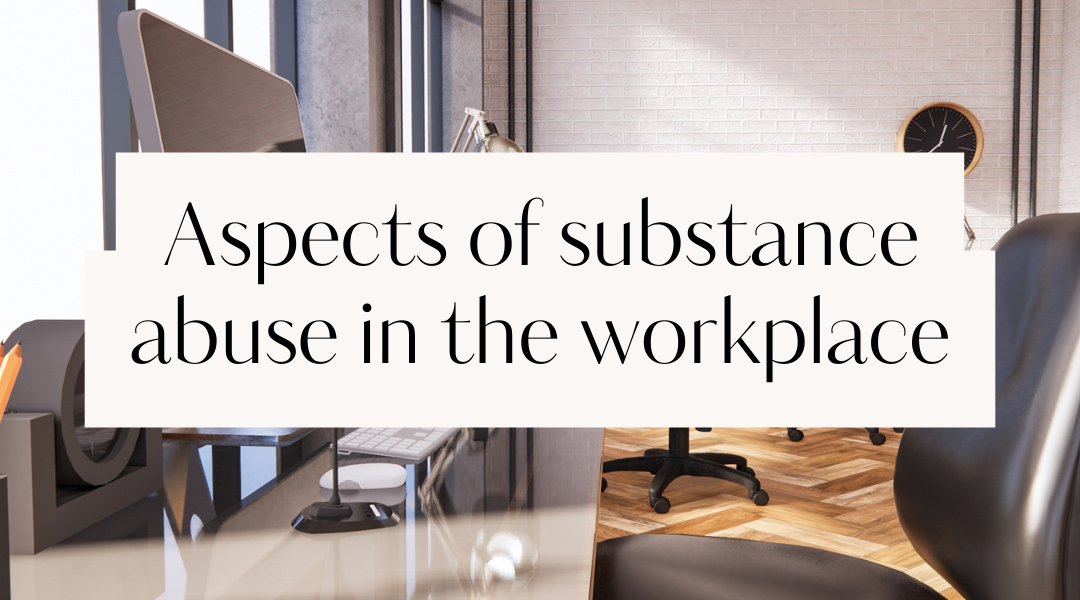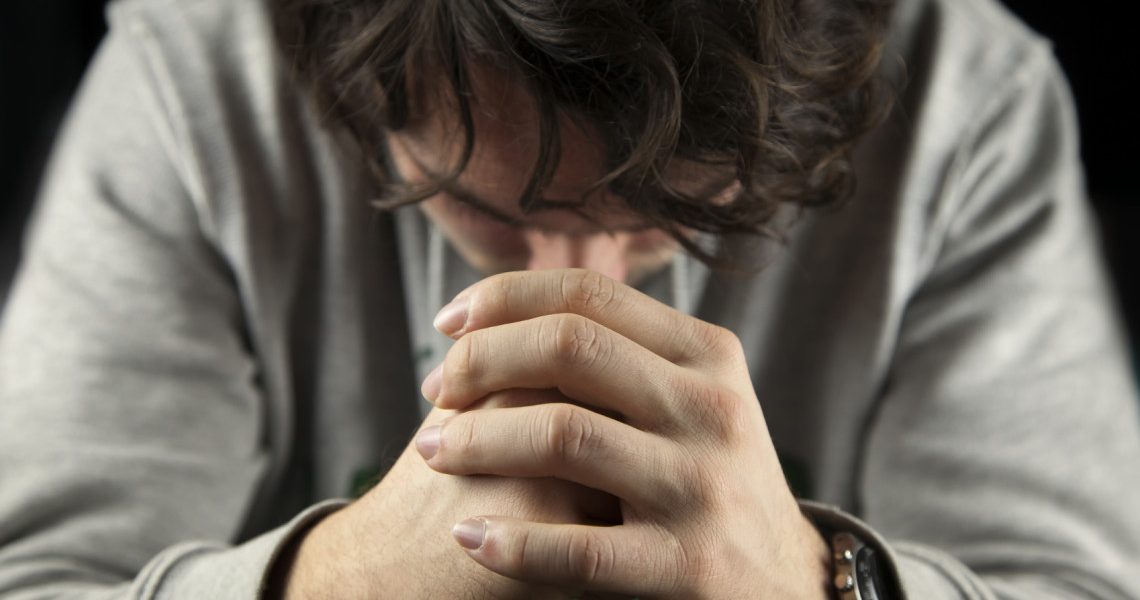Substance abuse affects the daily life in all aspects of a person suffering from addiction and addictive behaviours. This doesn’t stop even when a person is at work/working. The use of substances by employees in corporate and other work environments during working hours has become something that happens more often than you would think. Regardless of drug policy’s at work, drug tests that might be done or even possible risks of being caught. According to drugabuse.com “22.5% of people admit to using drugs or alcohol during work hours. 1 in 4 men admit to using drugs or alcohol in their place of work, while 1 in 5 women say that they have used drugs or alcohol in a professional setting.” Substance abuse and addiction are a huge global concern and very costly to all societies where they occur (Hitzeroth & Kramer, 2010:13; Miller & Weisner, 2002:3). Ignoring or sweeping the matter under the carpet in the workplace can become an occupational hazard. According to the Occupational Health and Safety Act (85 of 1993) Companies including any employer are responsible for managing the negative aspects of substance abuse in the workplace. Addressing the abuse of substances and helping employees or colleagues with substance abuse may benefit the work environment in the following ways: Saving on recruitment costs, as these employees or colleagues remain in the business following treatment. Reducing losses of absenteeism or impaired productivity of employees or colleagues; Creating a more productive environment for all employees. Creating and sustaining a positive moral culture in the office; Reducing the risk of possible injury or harm due to impairments; and Enhancing the public view or reputation of the business as informed and supportive. The International Labour Organisation(ILO)” code suggests that “employees with alcohol or drug related problems should be treated in the same manner as workers with other health problems.” So should an employee be identified or need help with their addiction problem, the employee shouldn’t be discriminated. They should get the benefits offered by their employer. Most organisations have wellness programs but in those that do not, assistance should be provided to the employee to get access to counselling, treatment, and rehabilitation. References drugabuse.com (accessed May 2024) (Hitzeroth & Kramer, 2010:13; Miller & Weisner, 2002:3). Occupational Health and Safety Act (85 of 1993) ILO publication, Geneva. www.ilo.org.za – accessed in May 2024
Read MoreThe fact is that life has its ups and downs. This can be as a result of a chain of personal or professional sufferings. As individuals we have different ways of coping. Some of us tend to cope with our hardships by resorting to the abuse of substances including alcohol or other forms drugs that will not only affect our health negatively but can add more suffering to our personal or professional hardships as well as affect others that are around us negatively. Imagine going out one night to meet up with a friend at a bar where you went to drown your sorrows. Having one too many glasses of wine and the next thing finding that you crashed into a car at a stop light on your way home. Finding that two of the passengers in the car you crashed into are seriously injured and there is no one else to blame but you, the drunk driver. There is absolutely nothing worse than knowing your actions have hurt innocent people. The feeling that you get from this is shame and guilt. You feel like you don’t deserve to live, that it should have been you instead because you are experiencing hardships and you feel like your life is miserable, worthless and lonely. Lamia, M. (Emotions: the engine of attention, (2010) p.81) points out, that “the feeling of guilt, blame and shame is the most dangerous especially when you are experiencing your own personal or professional hardships”. The feeling of guilt causes you to experience mental discomfort and pain. No person likes the feeling of pain. So when you start feeling that pain you end up telling yourself that you need to numb or do something to help you forget about this pain. Overcoming Guilt Overcoming guilt doesn’t need to be lifelong journey. Taking the right steps and action plan can make the feeling of grief and shame temporary. Here are a few things you can do to combat the power that guilt has over you. Share your feelings with a loved one or talk to someone or people that are in the 12 steps program. Consult a professional mental health practitioner like a psychiatrist, psychologist or social worker. Share goodwill. Nothing beats the spirits of giving back. Doing good or helping others will assist you to focus off yourself and your problems. Give a helping hand to those that can use your help. May it be animals or people.
Read More

